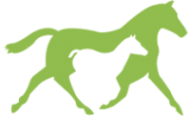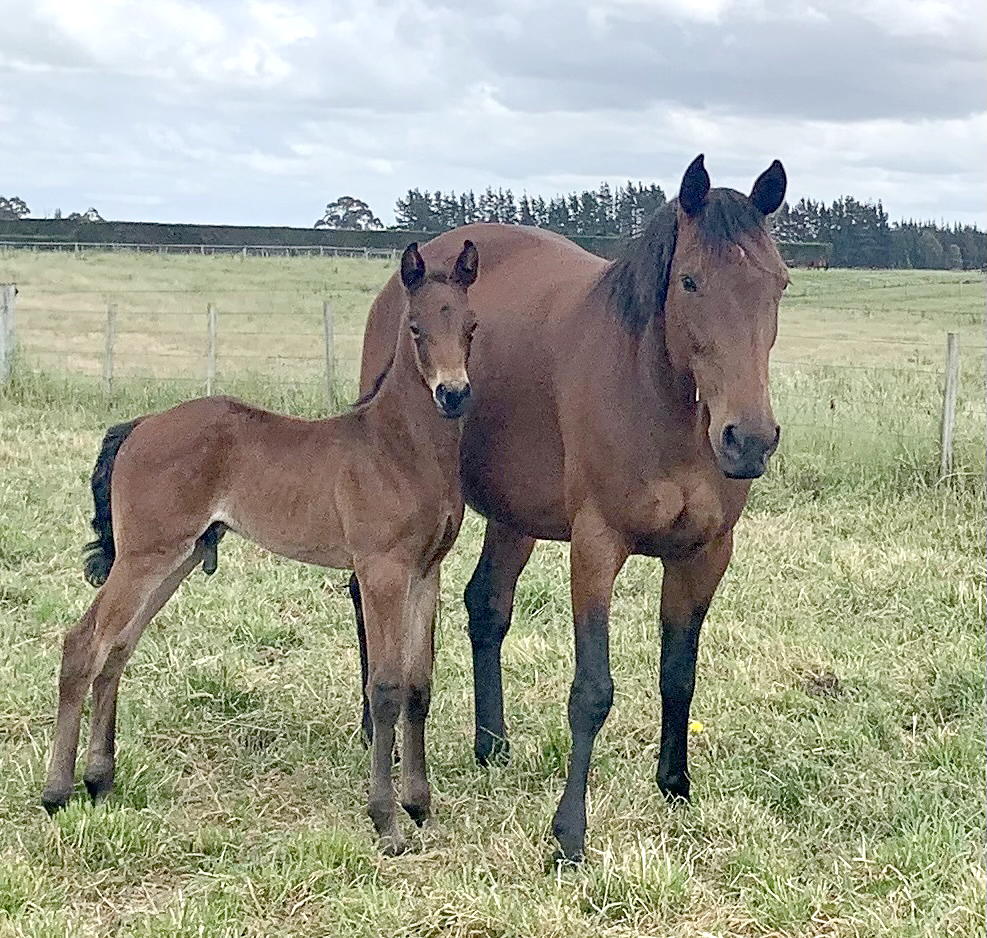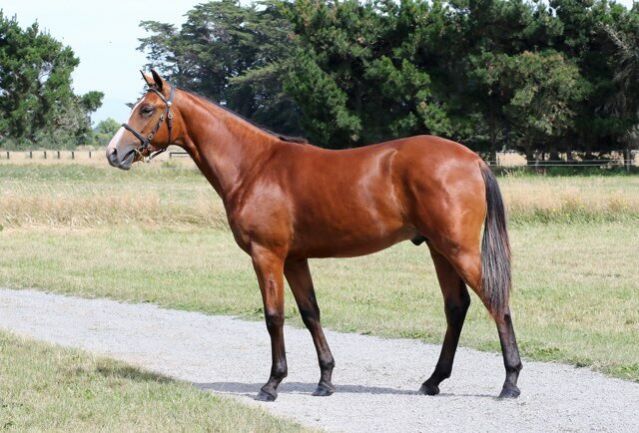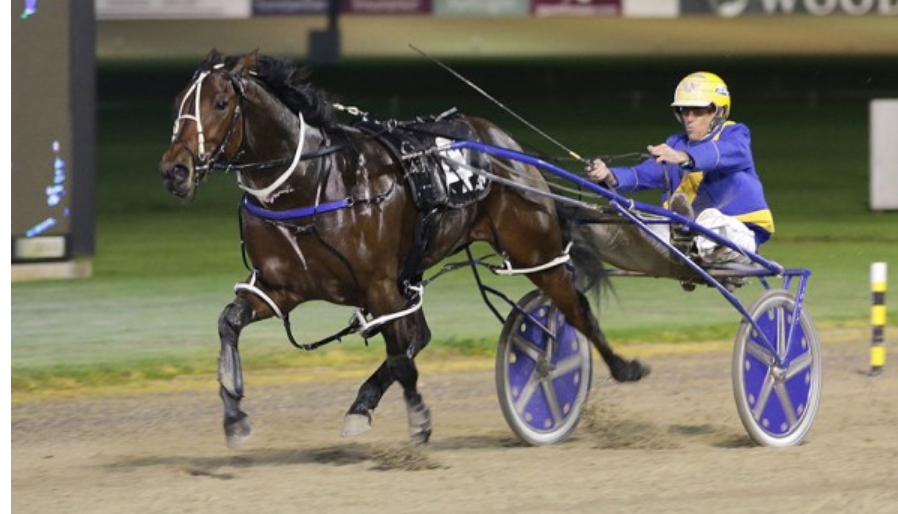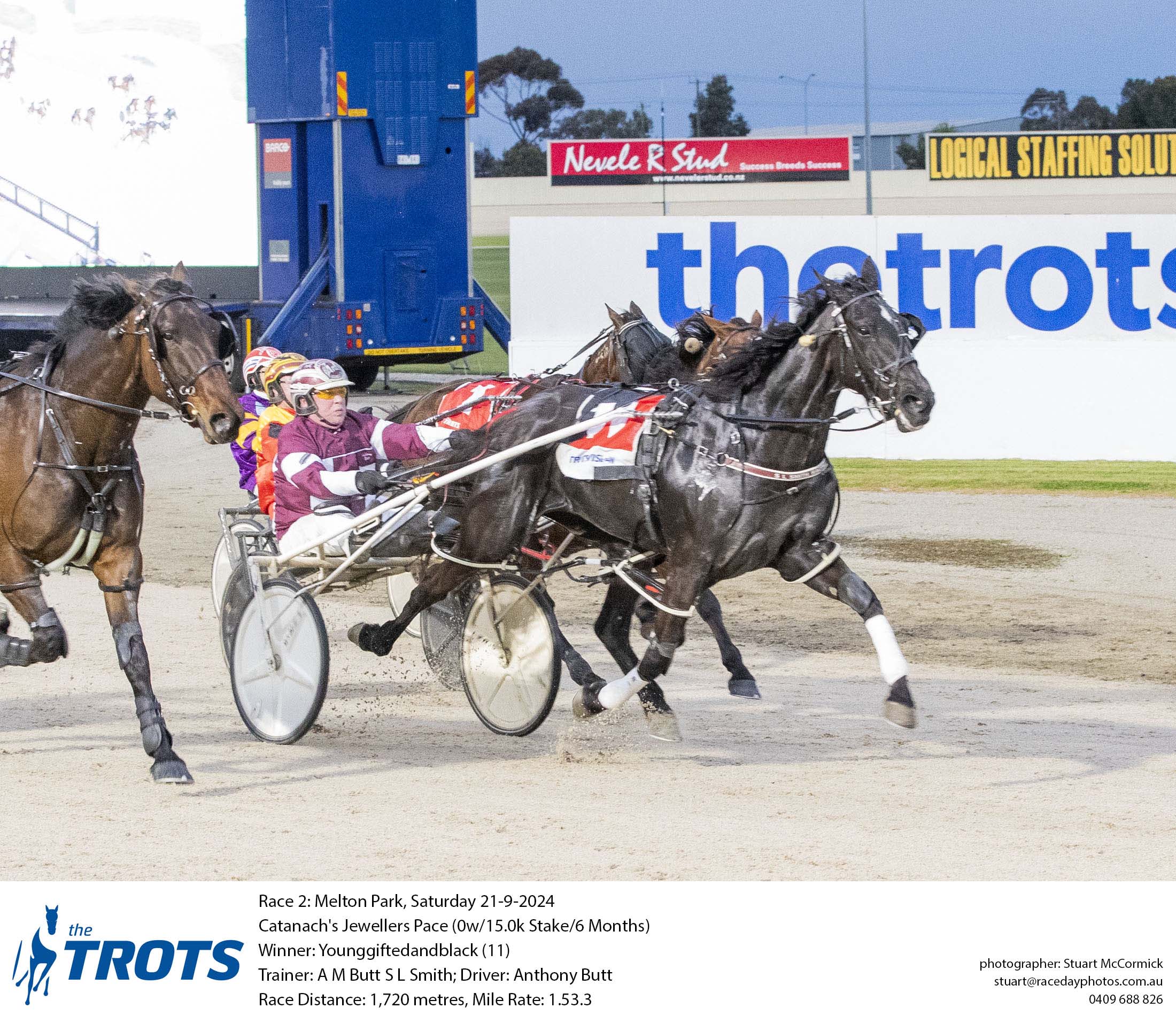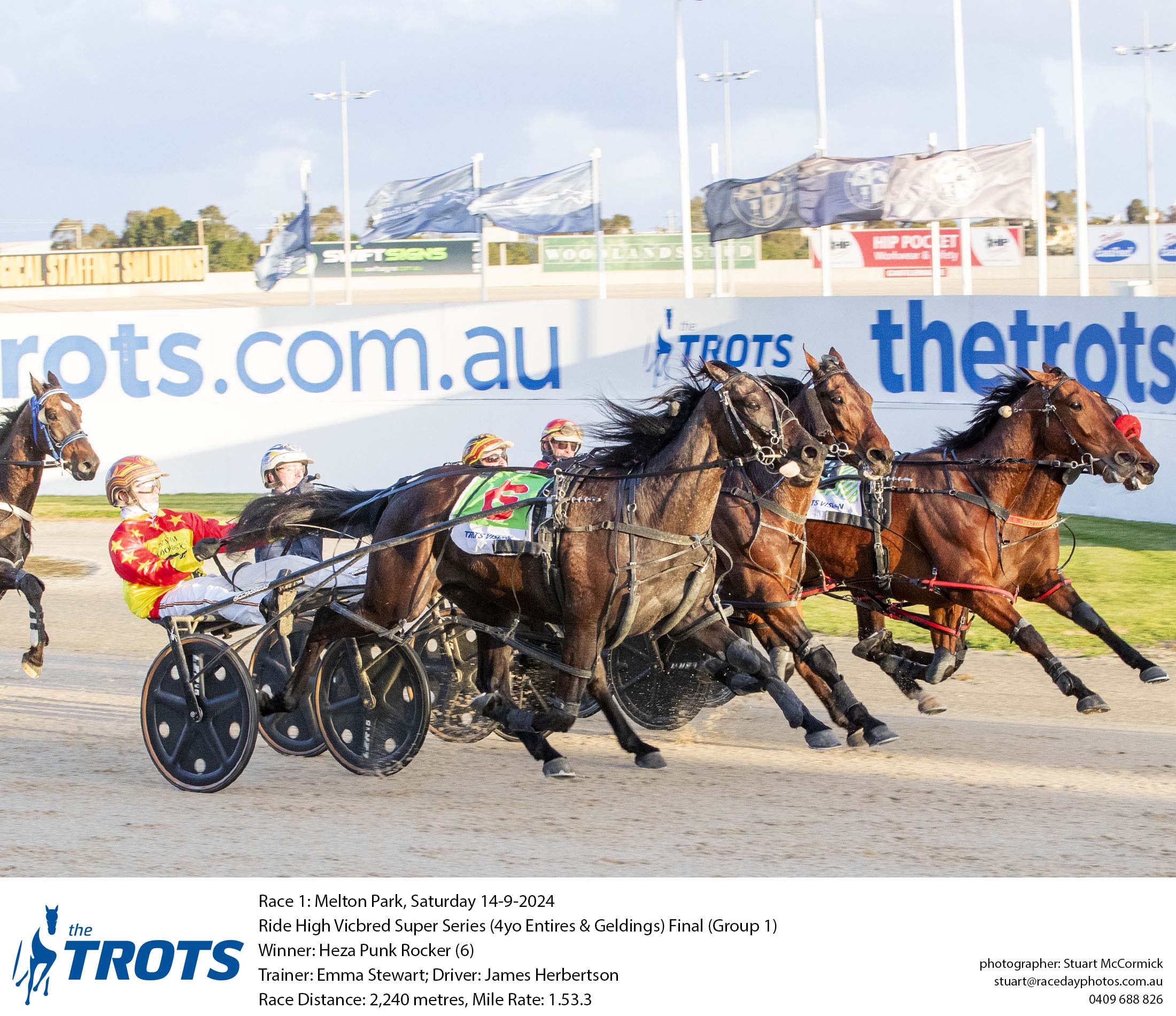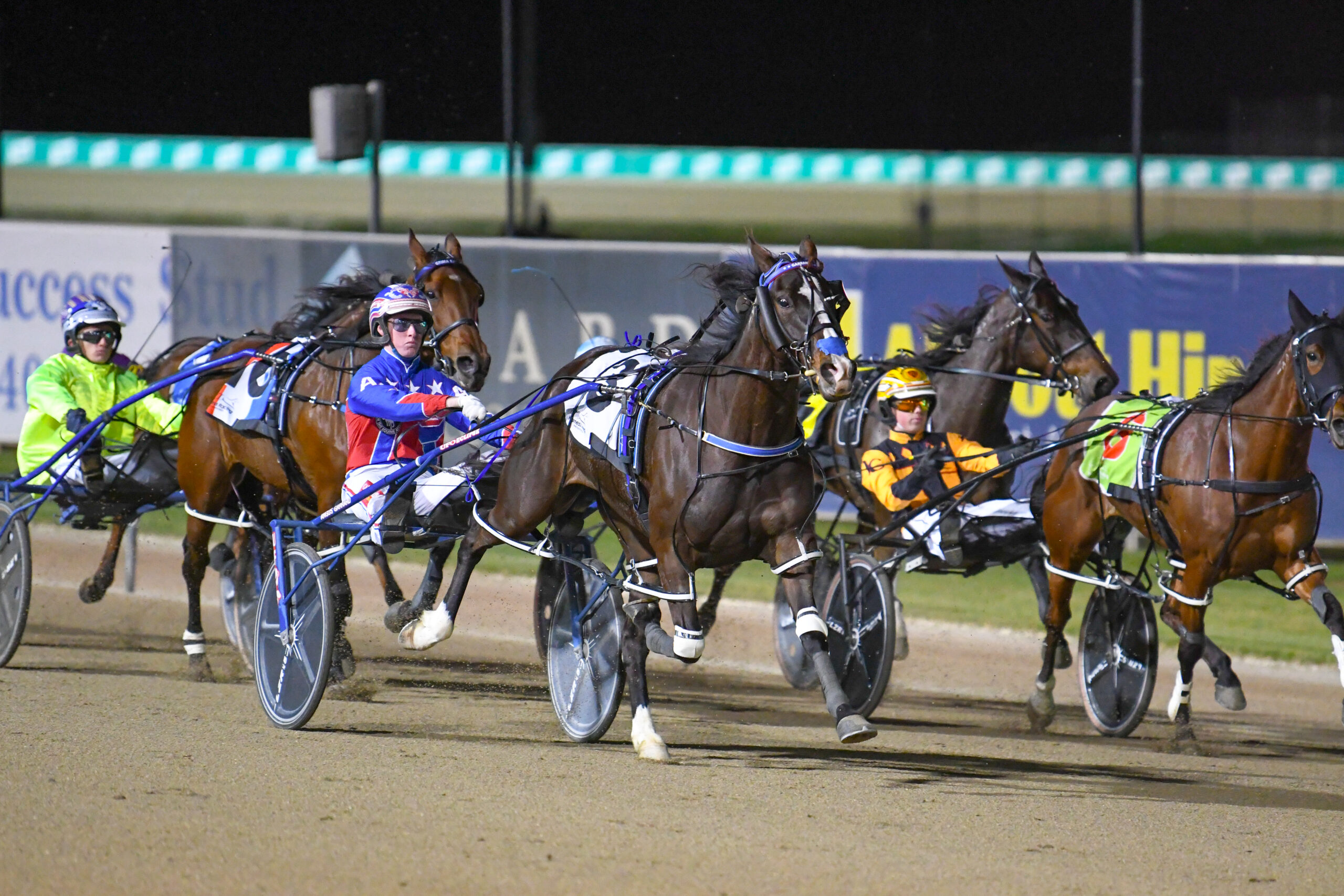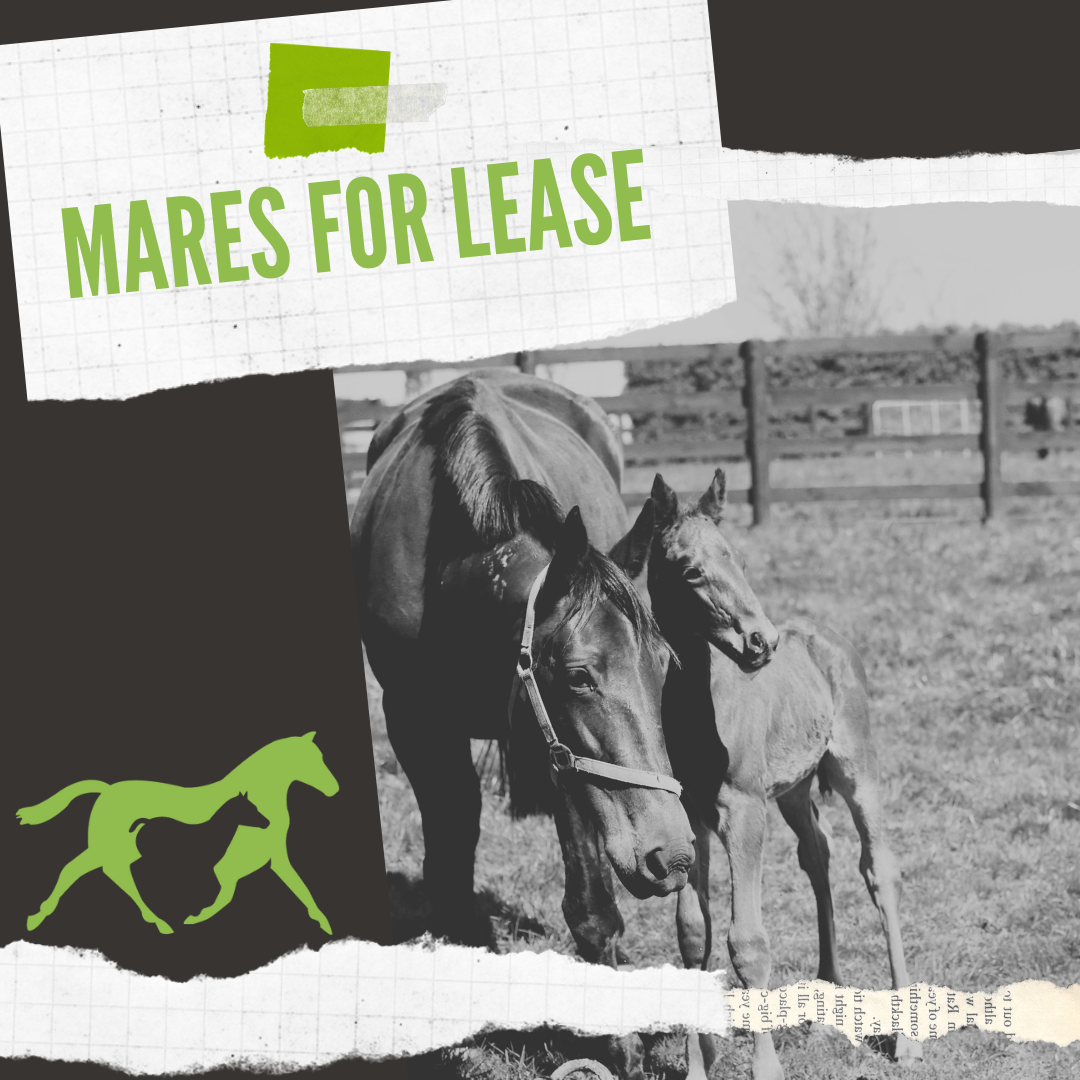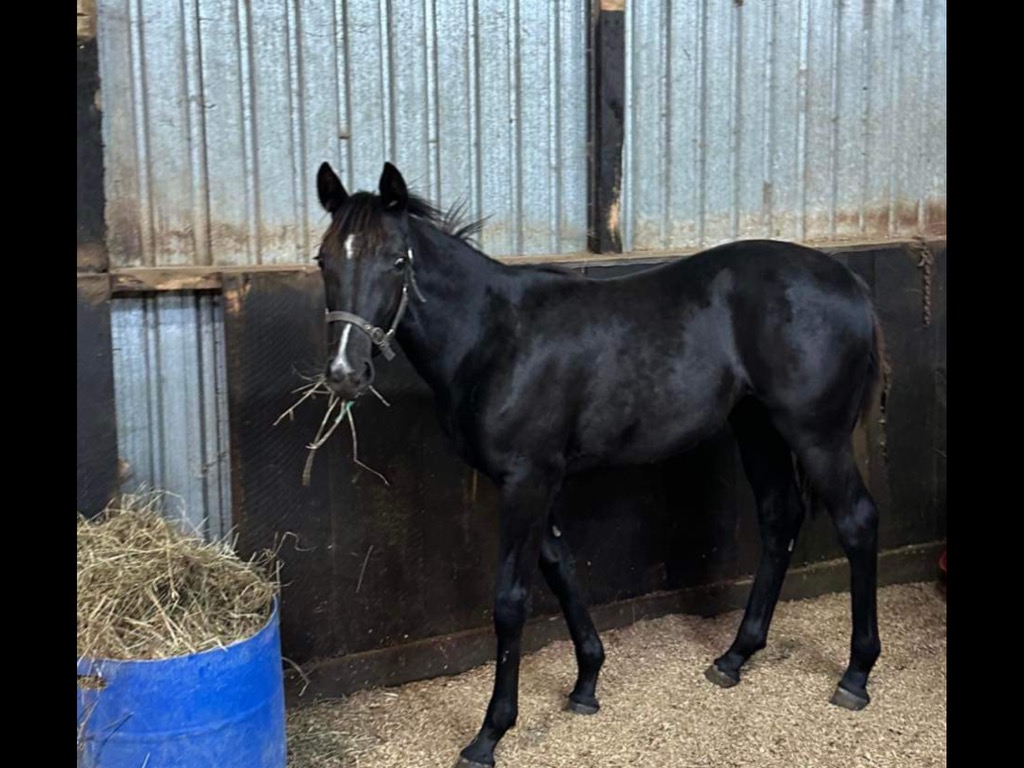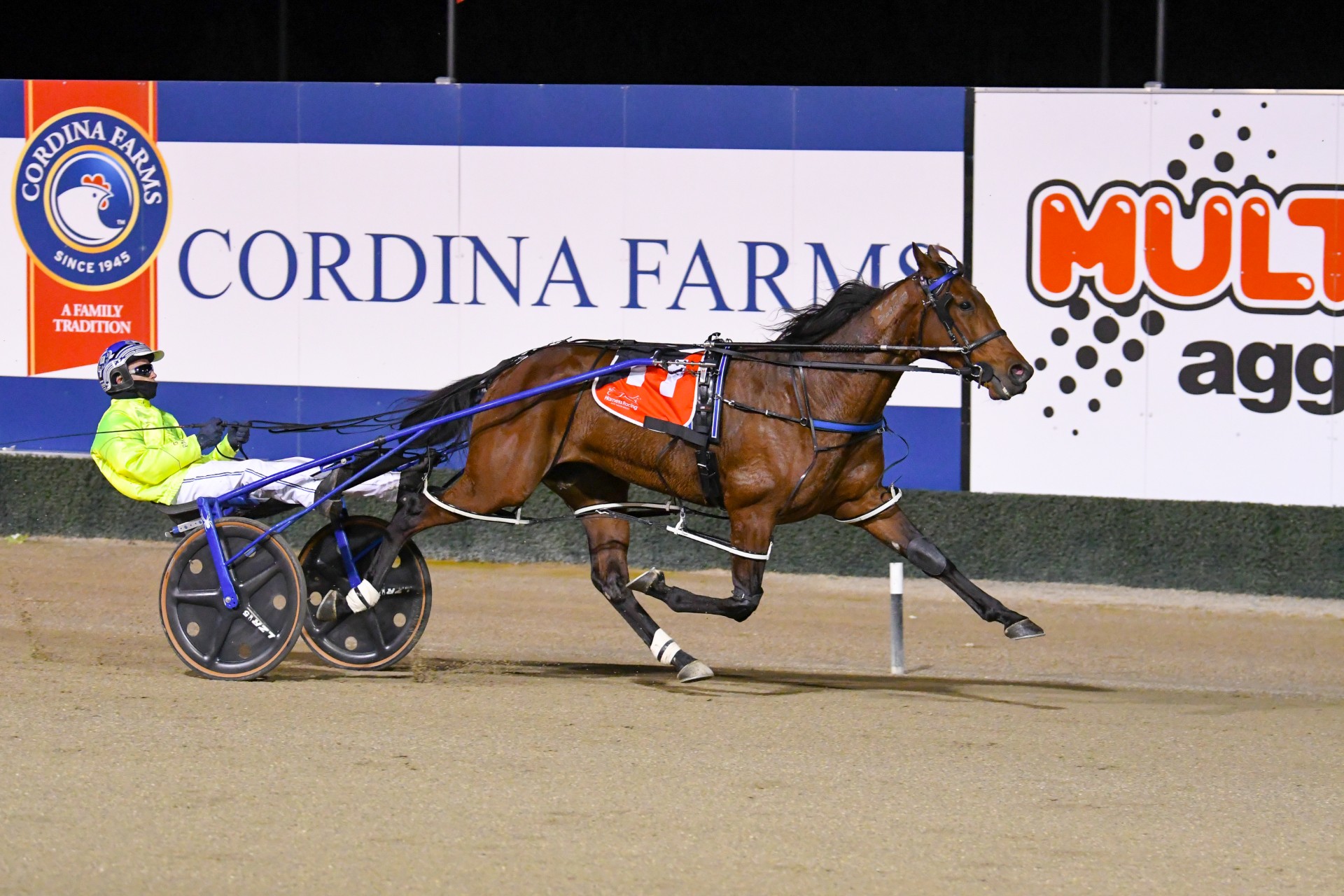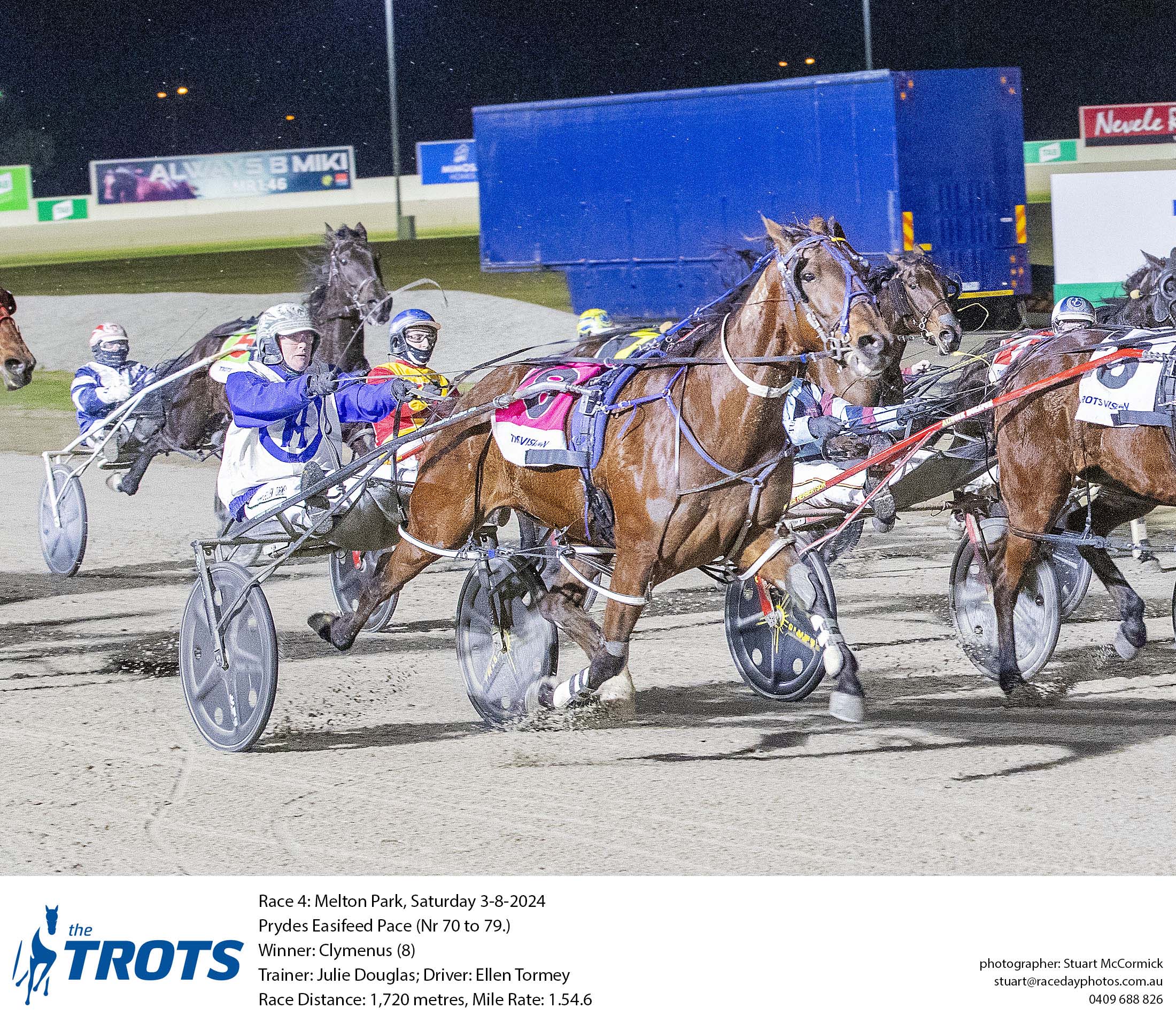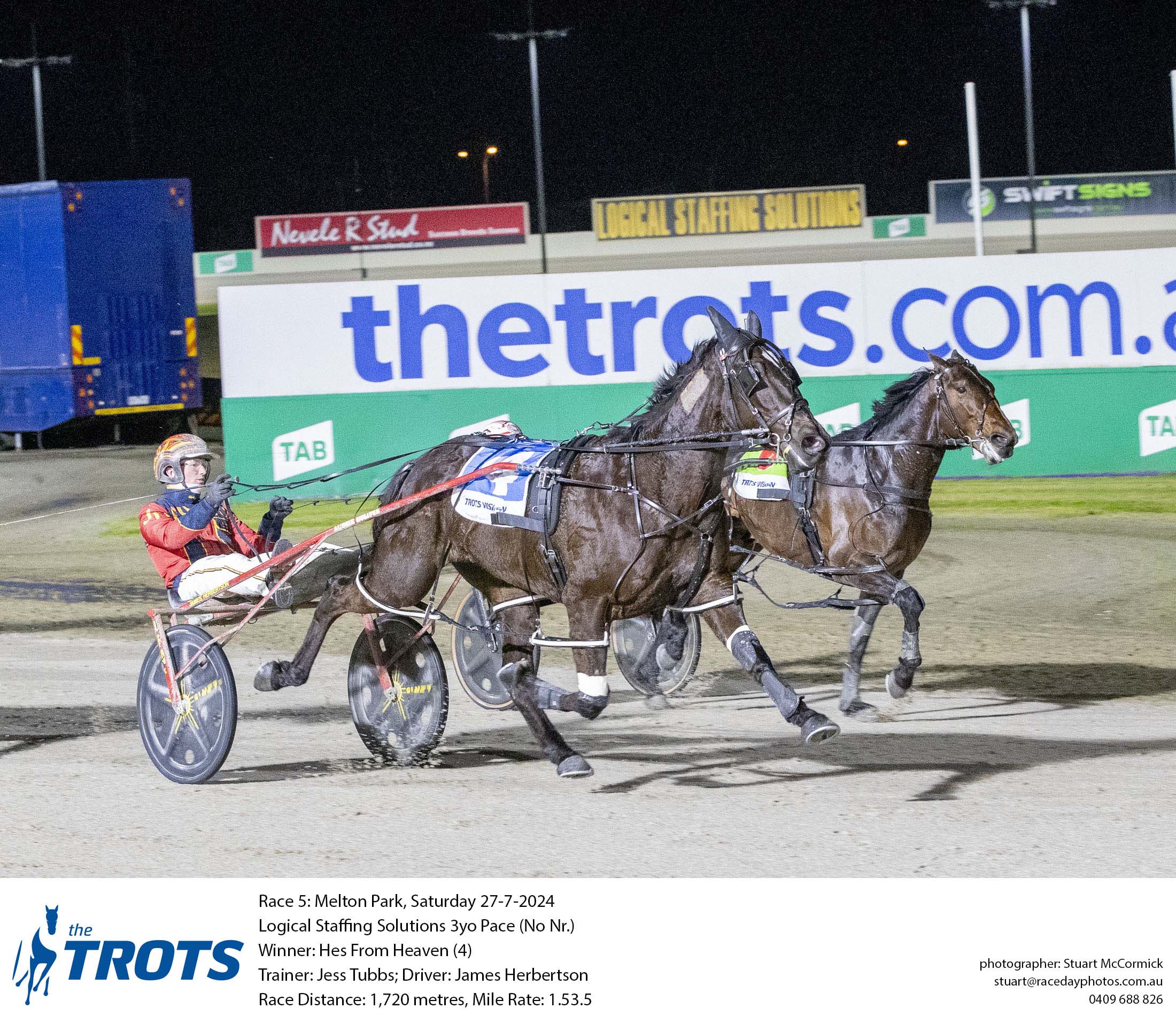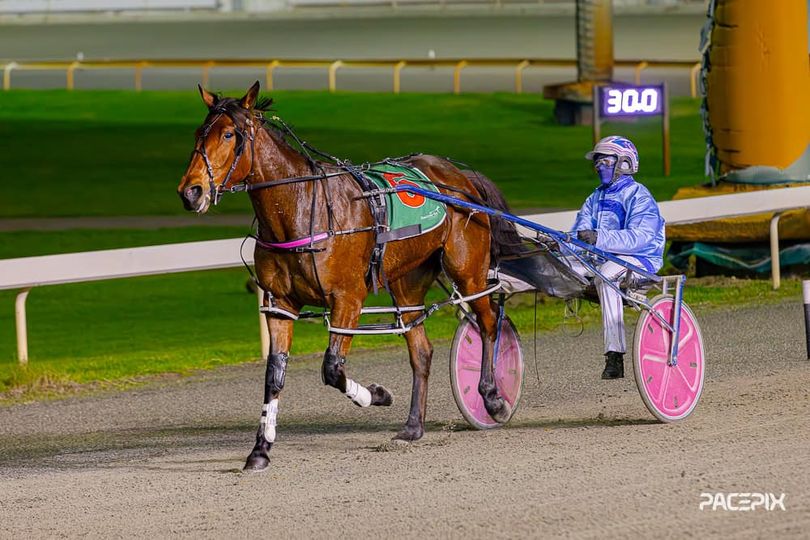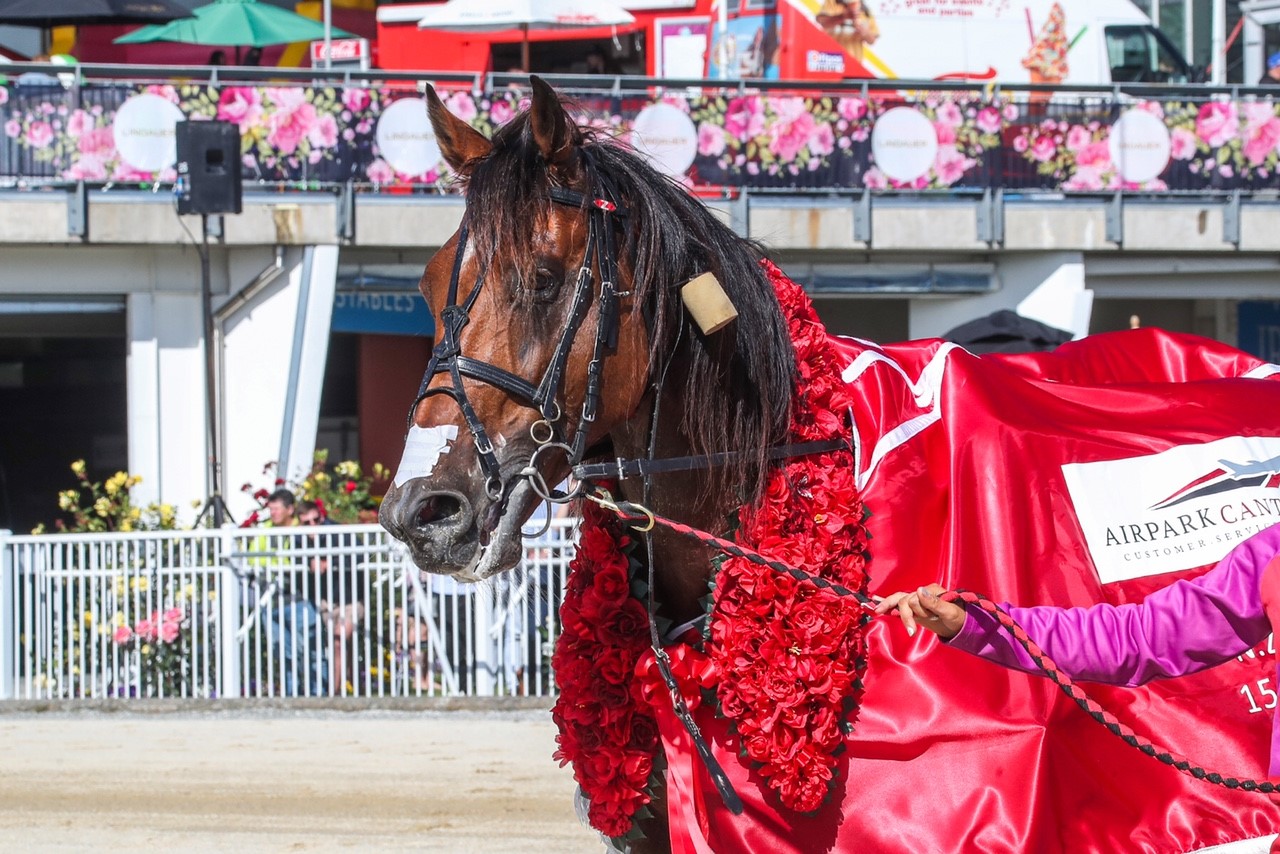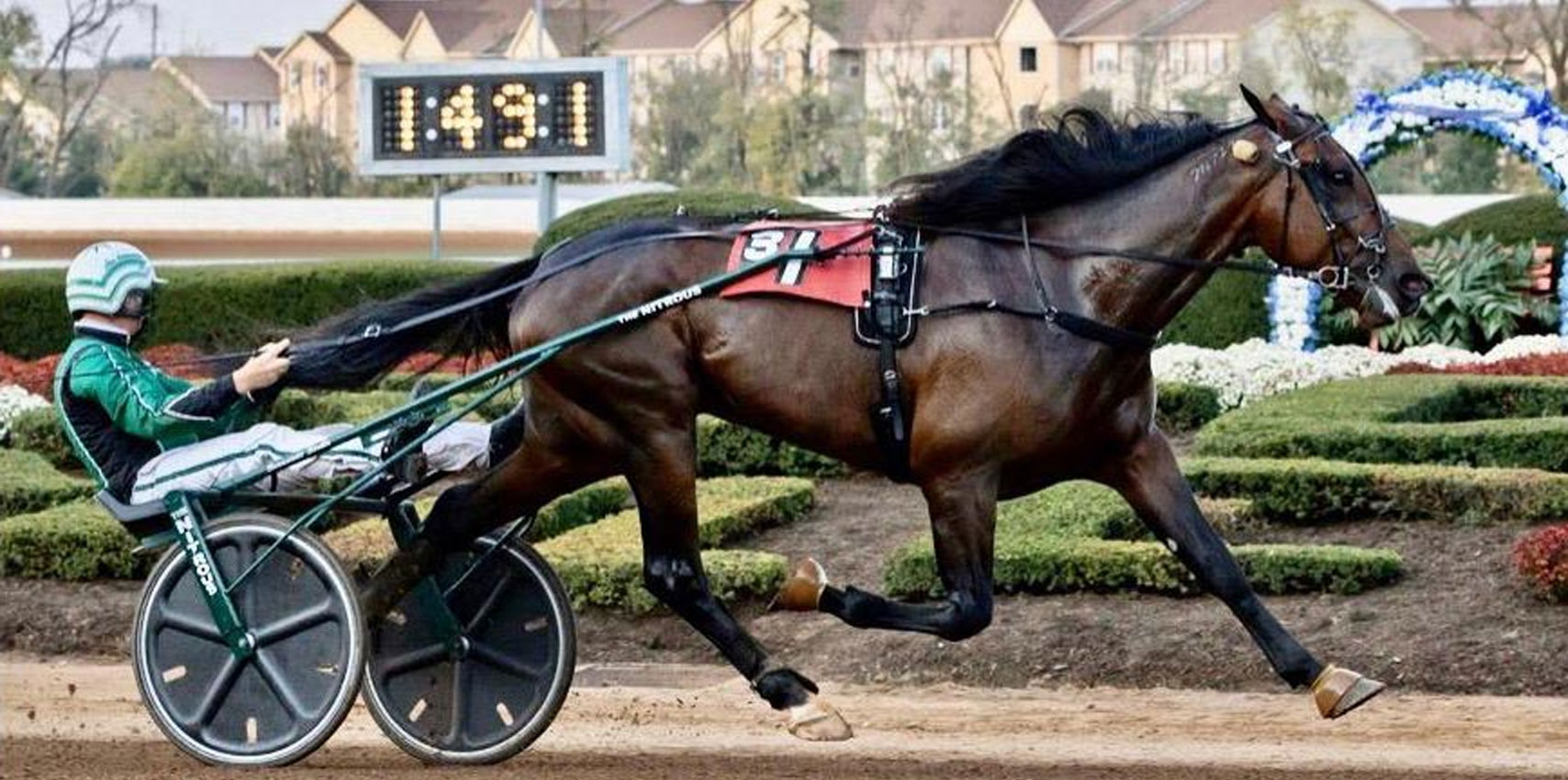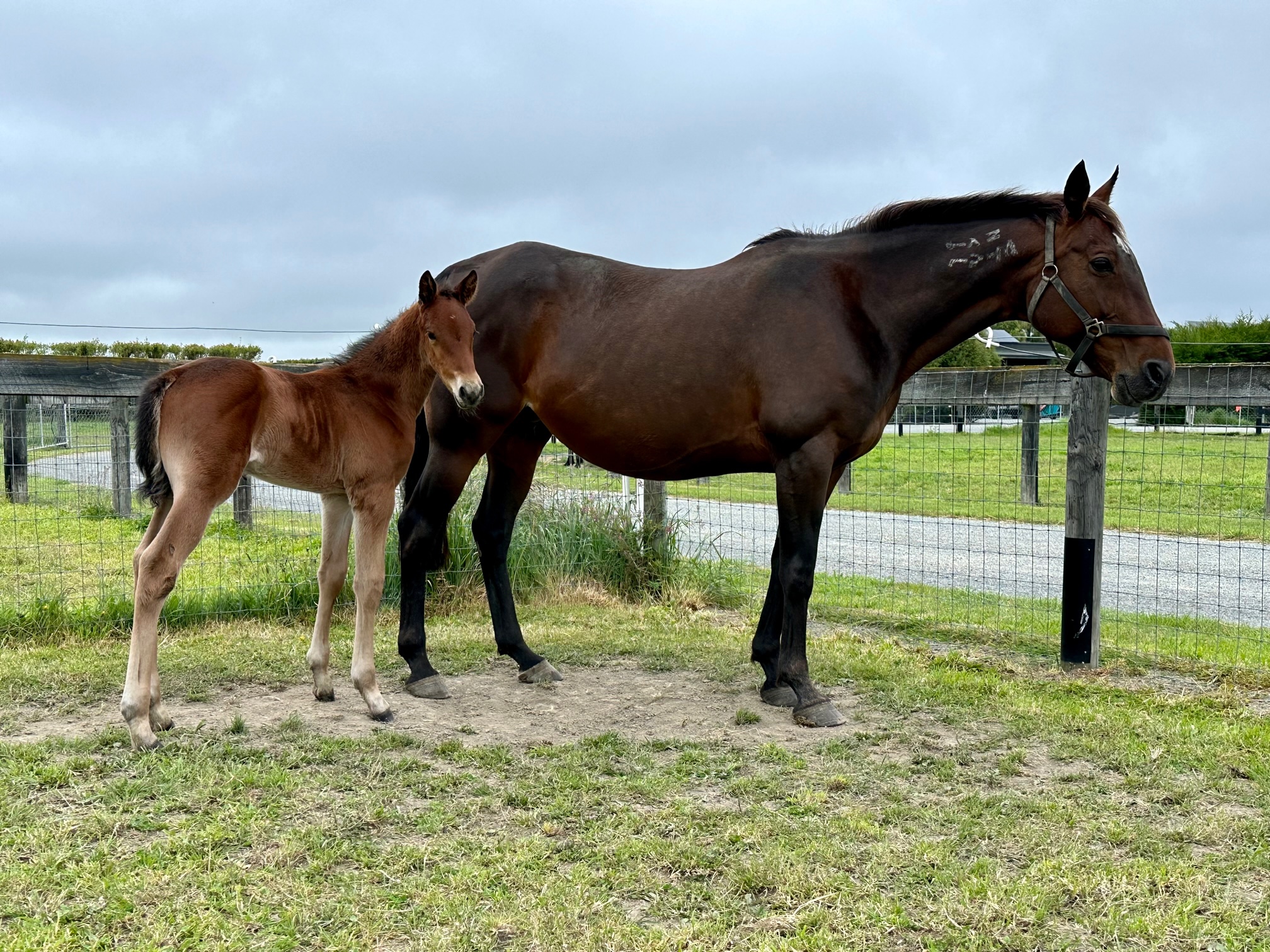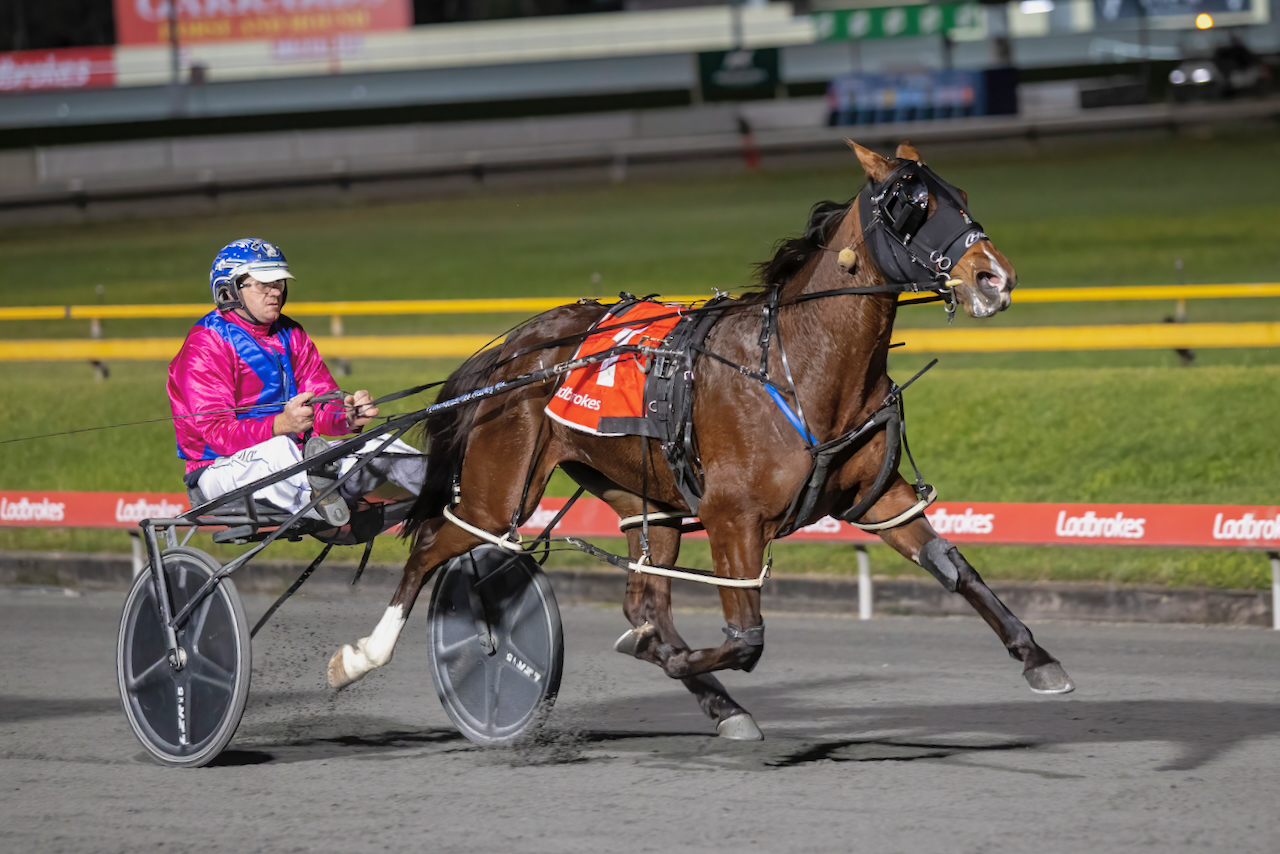WE NEED TO CARE ABOUT OUR PEOPLE IF WE ARE TO SUCCEED
John Mooney, a personal reflection 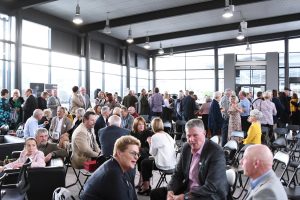
COVID-19, and our new living and working arrangements, provide a unique opportunity for the racing in this country to stop and reflect on and change how we do business.
To be very frank this piece was inspired by the tone adopted by some keyboard warriors and so-called industry leaders and influencers when they are purporting to communicate with the industry.
‘Communicate’ is the wrong word: abuse, shouting, pontificating, displaying ignorance, being rude kind of covers the territory, I just do not have a collective word that does this behaviour justice.
All I know is that the negativity and blame game has made me angry. I am constantly asking myself “where have you all been when many of the sins and ills of racing have been well-known for the last decade?” Were your eyes wide shut?
If you love this sport as you profess, why the abuse and the unsubstantiated allegations?
Ask questions by all means. Ask the ‘why’ question until its answered. Lord knows I’ve done enough of that in the last 12 months.
So, let us move on and talk about helping people to feel part of the harness family.
In the last few months I have been reflecting on the racing’s culture, practices, idiosyncratic behaviours and reading what people are writing to gain an understanding of what people are experiencing and feeling.
In short, so many people in our sport/industry are now feeling stressed, anxious, jaded, tired, frustrated, burnt out, and stuck. They feel they lack information or they are not valued for their contributions. They want to be asked for their ideas and contributions. Where is someone to listen?
An internal racing culture of not feeling involved, no hard information, limited consultation, is negatively impacting on the way people feel about their future in the sport.
Currently, I see a mindset of negativity permeating our discussions and organisations, and the ways in which we manage our people and our resources. A big frustration across many of the platforms is that previously our organisations have failed to ‘walk their talk.’ And now the same is being said now of HRNZ.
The 2020 Racing Industry Act changed things in ways we are only just working out. Winston gave the codes what they asked for: greater control within the code, a TAB whose sole mandate is to maximise wagering profit, and distribution of its profit decided by the codes alone. He also gave them a fully independent RIB (integrated RIU/JCA) that they did not want. All quite simple.
There was a lot to work through, then we got COVID. Video meetings, few face to face exchanges, communications roadblocks, and the unknown.
Significant effort has been spent on technical and operation stuff such as funding, dates, programs, ratings and handicapping.
COVID has changed individual and societal norms and behaviours in ways that are just emerging: breeding, racing and wagering will be impacted.
But I’m left with a feeling that we could be spending more thought on how we are adapting to change. Carefully communicating and explaining these fundamental changes to all stakeholders.
While we are a resilient lot, as proud of that, I’m advocating for a greater focus on self-care, mindset, and emotional intelligence within our sport.
We need to do things differently and better look after OUR PEOPLE.
Leading researchers such as Dr Brené Brown, best-selling author and Research Professor at the University of Houston, and Dr Marc Brackett, research psychologist and the Founding Director of the Yale Center for Emotional Intelligence at Yale University, have both done extensive research on leadership and emotional intelligence.
Their research is proving these factors are essential to courageous leadership, innovation, and high-performing organisations.
Dr Brown:
Trust is earned in the smallest of moments.
It is earned not through heroic deeds, or even highly visible actions, but through paying attention, listening, and gestures of genuine care and connection.
Recently, Brown remarked in a conversation with Brackett:
I spend so much time working with leaders of Fortune 100 companies and 60% of the work they have to do is social emotional learning.
People have the skills, they can code, they can think about financial strategy, but people lose their sh$t in meetings, people don’t know how to talk to one another, and they avoid hard conversations because they don’t know that awkward is ok to feel…. I have never met a truly transformational leader in my career that did not have a deep understanding of their own emotional landscape and the emotional landscape of other people.
Perhaps it is time that we start thinking differently about how we do what we do in racing. How we talk to each other. How we listen. Currently, in my opinion we do both poorly.
I firmly believe that our sport needs a radical transformation where we see that taking care of ourselves and developing our emotional intelligence is central to creating industry change.
During COVID-19 and since, many experienced heavy workloads. People are under more pressure than ever before. Many are wondering how they can pay their staff, their future, will there be harness racing in my town in three years let alone five. Owners worry about stakes. Breeders are asking “should I breed this season?” Trainers “where are the staff?”
This is an opportunity for us across all parts of the harness family to think more broadly about the kinds of organisations (clubs, breeders’ associations, owners associations, HRNZ, TAB) that we need.
How do we re-align our values and ways of doing business to enable us to have more impact collectively while taking care of ourselves at the same time.
So, the first step as a participant is please take this time to find ways to manage your stress, anxiety, and all that you may be experiencing now. There are so many free resources out there that you can draw on. It is a hard time for many right now, so please give yourself permission to acknowledge that.
The second step, if you are reading this and you are in a leadership position or position of influence within a racing organisation, then I urge you to stop and reflect about the culture of your organisation. How are you contributing?
Are you and your organisation really and truly valuing and promoting self-care of your participants and staff? Or is your organisation caught up in a culture of hustle, internalised thinking, crisis management, overworking or worse?
We need to take steps toward change. An ongoing culture of internal focus, hustle, a lack of trust and poor communication will stifle innovation, creativity and limit all the best ideas available to our wonderful sport.
And we may find ourselves losing great people who do not want to continue to work or participate in such an environment.
The third step, remember, take time:
the longest way around is often the shortest way home!
When we design new programs or pivot our sport to address the challenges, genuine consultation and engagement so people feel their contribution is valued.
And finally, we need to think about how we can build in more focus on self-care for our teams and participants.
Coaching, mentoring, and the teaching of self-awareness are not add-ons for a select few. They should be a core value and component of all that we do.
Yes, technical skills, Zoom meetings and getting stuff done matter, but how we deal with life’s challenges, how we feel at work, how we work together and how we treat one another matters more.
As we think about how to pivot and respond to to or new governance model in the post COVID-19 world, let us think about how we can take care of ourselves and treat each other with respect as the first step in creating real change.
.My friends, there is no road, we must make it as we walk together …
Irish proverb

